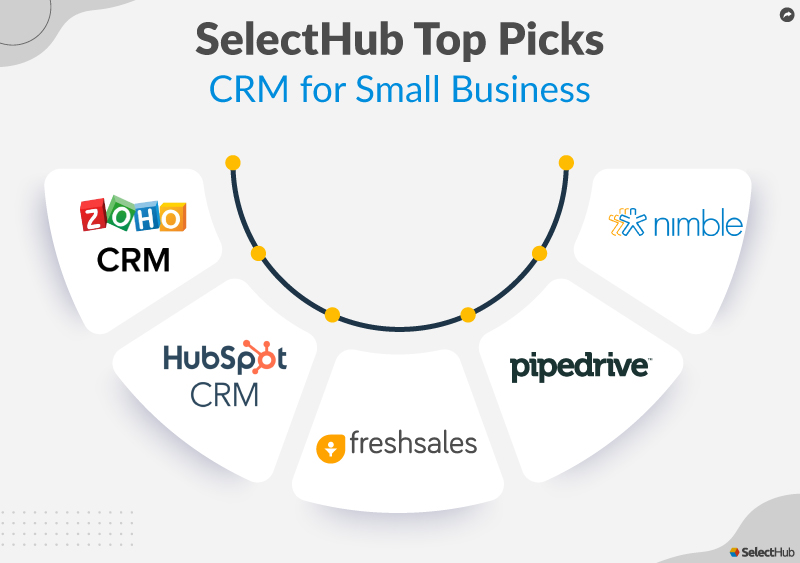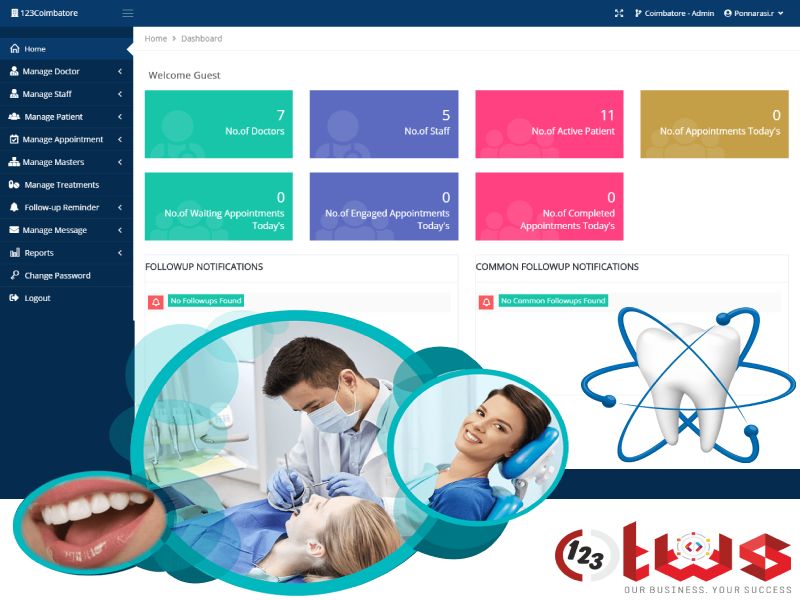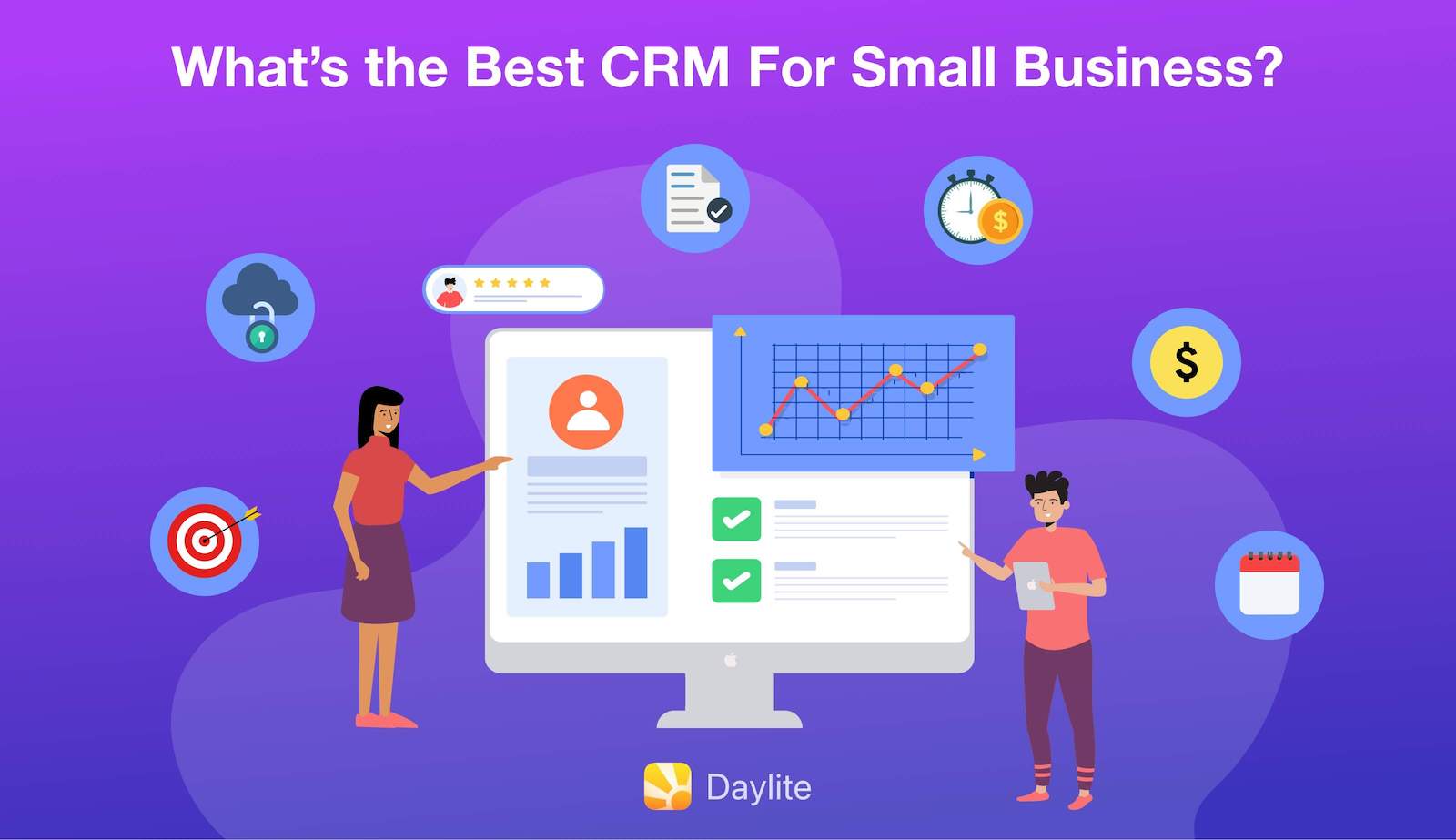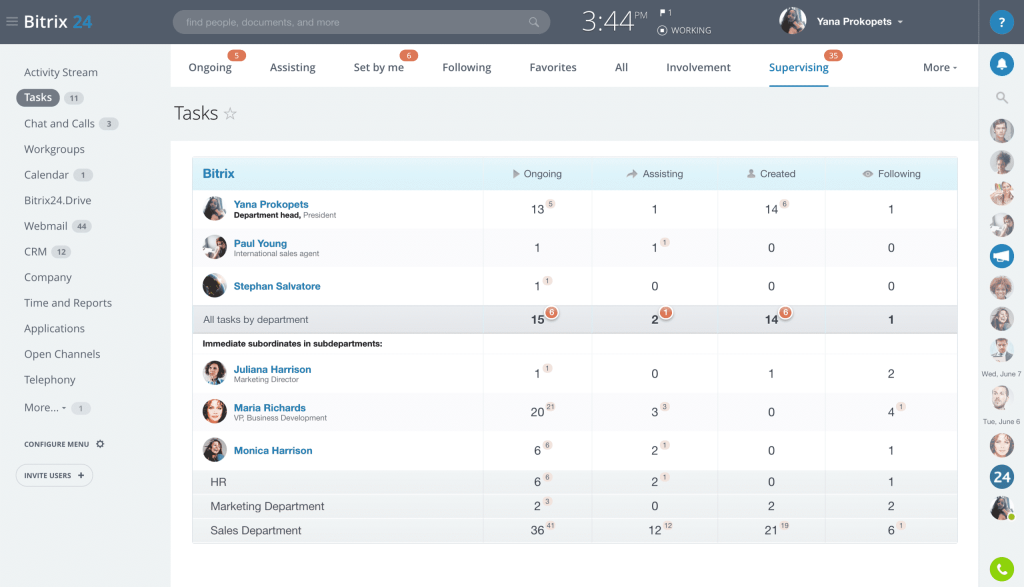Unlocking Artisan Success: The Best CRM Systems to Boost Your Craft Business

Introduction: The Artisan’s Journey in the Digital Age
The world of craftsmanship, artistry, and small-scale production is experiencing a renaissance. Artisans, the heart and soul of this movement, are creating unique, high-quality goods that resonate with consumers seeking authenticity and personal connection. From handcrafted jewelry and bespoke furniture to artisanal food products and custom artwork, the demand for these specialized creations is booming. However, running a successful artisan business in today’s competitive marketplace presents a unique set of challenges. It’s not just about creating beautiful products; it’s about managing orders, interacting with customers, tracking inventory, and marketing your brand effectively. This is where a Customer Relationship Management (CRM) system becomes an invaluable asset.
A CRM system, at its core, is a technology that helps businesses manage and analyze customer interactions and data throughout the customer lifecycle, with the goal of improving business relationships, assisting in customer retention and driving sales growth. For artisans, a well-implemented CRM can be the difference between struggling to keep up and thriving in a dynamic market. This article will explore the best CRM systems tailored for small artisans, providing insights into their features, benefits, and how they can transform your craft business.
Why Artisans Need a CRM: Beyond the Basics
Many artisans might wonder, “Do I really need a CRM?” The answer, increasingly, is a resounding yes. While artisans often pride themselves on their personal touch and direct customer relationships, a CRM system isn’t about replacing that; it’s about enhancing it. Here’s why a CRM is essential for small artisans:
- Centralized Customer Information: Imagine having all your customer interactions, purchase history, preferences, and communication records in one easily accessible place. This allows you to provide personalized service, understand customer needs better, and anticipate future purchases.
- Improved Order Management: A CRM can streamline your order process, from initial inquiries to fulfillment and shipping. This reduces errors, ensures timely delivery, and enhances customer satisfaction.
- Enhanced Communication: Automated email marketing campaigns, personalized newsletters, and targeted promotions become much easier to manage, enabling you to stay top-of-mind with your customers and drive repeat business.
- Inventory Management Integration: Some CRM systems integrate with inventory management tools, allowing you to track stock levels, manage raw materials, and avoid overselling.
- Sales Tracking and Reporting: Gain valuable insights into your sales performance, identify your top-selling products, and understand your customer acquisition costs. This data-driven approach helps you make informed business decisions.
- Time Savings: Automating repetitive tasks, such as sending follow-up emails or generating invoices, frees up your time so you can focus on what you do best: creating your craft.
Key Features to Look for in a CRM for Artisans
Not all CRM systems are created equal. For artisans, certain features are particularly important. When evaluating CRM options, consider the following:
1. Contact Management
This is the foundation of any CRM. Look for features like:
- Detailed customer profiles: Capture all relevant information, including contact details, purchase history, preferences, and communication logs.
- Segmentation: Group customers based on various criteria (e.g., product purchased, location, spending habits) for targeted marketing.
- Easy data import and export: Ensure you can easily import your existing customer data and export it for reporting or backup purposes.
2. Order Management
Efficient order management is crucial for artisans. Look for features like:
- Order tracking: Monitor the status of each order, from initial inquiry to fulfillment.
- Invoice generation: Automate the creation and sending of invoices.
- Shipping integration: Integrate with shipping providers to streamline the shipping process.
- Payment processing integration: Connect with payment gateways to facilitate online payments.
3. Email Marketing
Email marketing is a powerful tool for artisans. Look for features like:
- Email templates: Pre-designed templates to create professional-looking emails.
- Segmentation: Target specific customer groups with tailored messages.
- Automation: Set up automated email sequences (e.g., welcome emails, abandoned cart reminders).
- Analytics: Track email open rates, click-through rates, and conversions.
4. Marketing Automation
Beyond email marketing, consider features that automate other marketing tasks, such as:
- Lead capture forms: Integrate forms on your website to capture leads.
- Social media integration: Connect your CRM to your social media accounts.
- Workflow automation: Automate tasks based on specific triggers (e.g., sending a thank-you email after a purchase).
5. Reporting and Analytics
Data-driven decision-making is essential for growth. Look for features like:
- Sales reports: Track sales performance over time.
- Customer insights: Identify your best customers and understand their buying behavior.
- Conversion tracking: Measure the effectiveness of your marketing campaigns.
6. Integration Capabilities
Consider how well the CRM integrates with other tools you use, such as:
- E-commerce platforms: Integrate with your online store (e.g., Shopify, Etsy).
- Accounting software: Integrate with accounting software (e.g., QuickBooks, Xero).
- Inventory management software: Integrate with inventory management tools.
7. Mobile Access
Artisans are often on the go. Look for a CRM with a mobile app or a responsive web interface that allows you to access your data from anywhere.
Top CRM Systems for Small Artisans: A Detailed Comparison
Now, let’s dive into some of the best CRM systems for small artisans, comparing their features, pricing, and suitability:
1. HubSpot CRM
Overview: HubSpot CRM is a popular choice for small businesses, offering a free version with a robust set of features. It’s known for its user-friendly interface and comprehensive marketing tools.
Key Features for Artisans:
- Free CRM with unlimited users and data.
- Contact management with detailed customer profiles.
- Email marketing with templates and automation.
- Sales pipeline management to track deals.
- Integration with popular e-commerce platforms like Shopify.
- Reporting and analytics.
Pros:
- Free version with extensive functionality.
- User-friendly interface.
- Excellent marketing tools.
- Strong integration capabilities.
Cons:
- The free version has limitations on some features.
- More advanced features require paid plans.
Pricing: Free, with paid plans starting at a reasonable price.
Suitability: HubSpot CRM is an excellent choice for artisans looking for a free or low-cost CRM with strong marketing capabilities. It’s particularly well-suited for those who are new to CRM and want an easy-to-use system.
2. Zoho CRM
Overview: Zoho CRM is a versatile CRM system that caters to a wide range of businesses. It offers a free plan and affordable paid plans with a wealth of features.
Key Features for Artisans:
- Contact management with detailed customer profiles.
- Sales force automation to manage leads and deals.
- Email marketing with automation and segmentation.
- Workflow automation to streamline tasks.
- Inventory management integration (with Zoho Inventory).
- Mobile app for on-the-go access.
Pros:
- Affordable pricing.
- Wide range of features.
- Customization options.
- Strong integration capabilities.
Cons:
- The interface can be slightly overwhelming for beginners.
- Customer support can be slow at times.
Pricing: Free plan available; paid plans start at an affordable price per user per month.
Suitability: Zoho CRM is a good option for artisans who need a feature-rich CRM at an affordable price. It’s a versatile system that can be customized to meet the specific needs of a craft business.
3. Pipedrive
Overview: Pipedrive is a sales-focused CRM designed to help businesses manage their sales pipeline. It’s known for its visual interface and ease of use.
Key Features for Artisans:
- Visual sales pipeline to track deals.
- Contact management with detailed customer profiles.
- Email integration to track communications.
- Automation features to streamline sales processes.
- Reporting and analytics focused on sales performance.
- Integration with popular apps.
Pros:
- User-friendly interface.
- Visual sales pipeline.
- Focus on sales performance.
Cons:
- Less comprehensive marketing features compared to other CRMs.
- Can be more expensive than other options.
Pricing: Paid plans, with a free trial available.
Suitability: Pipedrive is an excellent choice for artisans who prioritize sales management and want a user-friendly system to track their deals. It’s best suited for those who are already familiar with sales processes.
4. Freshsales
Overview: Freshsales is a CRM system by Freshworks, offering a range of features for sales and marketing. It’s known for its AI-powered features and ease of use.
Key Features for Artisans:
- Contact management with detailed customer profiles.
- Sales pipeline management with a visual interface.
- Email marketing with templates and automation.
- AI-powered features, such as lead scoring and deal insights.
- Integration with Freshdesk for customer support.
- Mobile app for on-the-go access.
Pros:
- User-friendly interface.
- AI-powered features.
- Good customer support.
Cons:
- The free plan has limited features.
- Some advanced features require paid plans.
Pricing: Free plan available; paid plans start at a reasonable price.
Suitability: Freshsales is a good option for artisans who want a CRM with AI-powered features and a focus on sales and customer support. It’s best suited for those who want a modern and intuitive system.
5. HoneyBook
Overview: HoneyBook is a CRM specifically designed for creative entrepreneurs and service-based businesses. It’s tailored to manage projects, invoices, and payments.
Key Features for Artisans:
- Project management to track projects from start to finish.
- Invoicing and payment processing.
- Contracts and proposals.
- Client communication tools.
- Automated workflows to streamline tasks.
- Integration with popular apps.
Pros:
- Designed specifically for creative entrepreneurs.
- Project management features.
- Invoicing and payment processing.
Cons:
- Focus on creative businesses; may not be suitable for all artisans.
- Can be more expensive than other options.
Pricing: Paid plans.
Suitability: HoneyBook is an excellent choice for artisans who offer services or manage projects, such as custom design or bespoke orders. It’s best suited for those who need a system to manage their entire workflow.
6. Monday.com
Overview: Monday.com is a versatile work operating system that can be customized for various business needs, including CRM. It’s known for its visual interface and flexibility.
Key Features for Artisans (within the CRM framework):
- Highly customizable boards to track customers, orders, and projects.
- Contact management.
- Sales pipeline management.
- Automation features.
- Integration with other tools.
Pros:
- Highly customizable.
- Visual interface.
- Flexible and adaptable.
Cons:
- Can be complex to set up initially.
- Can be more expensive than other options.
Pricing: Paid plans.
Suitability: Monday.com is a good option for artisans who want a highly customizable CRM and are willing to invest time in setting it up. It’s best suited for those who have complex workflows or unique needs.
Choosing the Right CRM: A Step-by-Step Guide
Selecting the right CRM system is a crucial decision. Here’s a step-by-step guide to help you make the best choice for your artisan business:
1. Define Your Needs and Goals
Before you start evaluating CRM systems, take the time to define your specific needs and goals. What do you want to achieve with a CRM? Consider the following questions:
- What are your biggest pain points in managing your customer relationships?
- What tasks do you want to automate?
- What data do you need to track?
- What are your sales goals?
- What is your budget?
Answering these questions will help you narrow down your options and choose a CRM that aligns with your business objectives.
2. Research and Compare Options
Once you know your needs, research the different CRM systems available. Read reviews, compare features, and consider the pricing of each option. The comparison section above provides a good starting point.
3. Consider Integration Needs
Think about the other tools you use in your business, such as your e-commerce platform, accounting software, and email marketing tools. Choose a CRM that integrates seamlessly with these tools to avoid data silos and streamline your workflow.
4. Evaluate User-Friendliness
The CRM system should be easy to use and navigate. Consider the learning curve and whether the system offers adequate customer support and training resources.
5. Take Advantage of Free Trials and Demos
Most CRM systems offer free trials or demos. Take advantage of these opportunities to test the system and see if it meets your needs. Play around with the features, and get a feel for the user interface.
6. Start Small and Scale Up
Don’t try to implement all the features of a CRM system at once. Start with the core features that address your most pressing needs, and gradually add more features as your business grows and your needs evolve.
7. Provide Training and Support
Ensure that your team is properly trained on how to use the CRM system. Provide ongoing support and resources to help them get the most out of the system. This is essential for user adoption and success.
Implementing Your New CRM: Best Practices for Artisans
Once you’ve chosen your CRM, successful implementation is key. Here are some best practices to follow:
1. Data Migration
Carefully migrate your existing customer data into the CRM system. Clean up your data and ensure that it is accurate and complete. Consider using data import tools or seeking assistance from the CRM provider.
2. Customization
Customize the CRM system to fit your specific needs. Add custom fields to capture the data that is important to your business. Configure workflows and automation to streamline your processes.
3. User Training
Provide thorough training to your team on how to use the CRM system. Create user manuals or training videos. Encourage questions and provide ongoing support.
4. Data Security
Ensure that your CRM system has adequate security measures to protect your customer data. Regularly back up your data and implement access controls.
5. Regular Review and Optimization
Regularly review your CRM system and make adjustments as needed. Identify areas for improvement and optimize your workflows. Stay up-to-date with the latest features and updates.
The Benefits of a CRM: A Long-Term Investment
The initial investment in a CRM system may seem daunting, but the long-term benefits for artisans are substantial. By implementing a CRM, you can:
- Increase Sales: Improve customer engagement and personalize your marketing efforts to boost sales.
- Improve Customer Retention: Build stronger relationships with your customers and increase customer loyalty.
- Save Time: Automate repetitive tasks and free up your time to focus on your craft.
- Gain Valuable Insights: Make data-driven decisions to improve your business performance.
- Scale Your Business: Prepare your business for growth by streamlining your processes and improving efficiency.
By embracing CRM technology, artisans can thrive in the digital age, building stronger customer relationships, streamlining their operations, and ultimately achieving greater success. The right CRM system empowers artisans to focus on their passion and build a thriving craft business.
Conclusion: Embrace the Future of Craftsmanship
The journey of an artisan is a testament to creativity, passion, and dedication. In today’s fast-paced world, embracing technology is essential for success. A CRM system is a powerful tool that can help artisans manage their customer relationships, streamline their operations, and grow their businesses. By choosing the right CRM and implementing it effectively, artisans can unlock their full potential and create a lasting legacy. So, take the leap, explore the options, and embark on the journey to transform your craft business with the power of a CRM.




